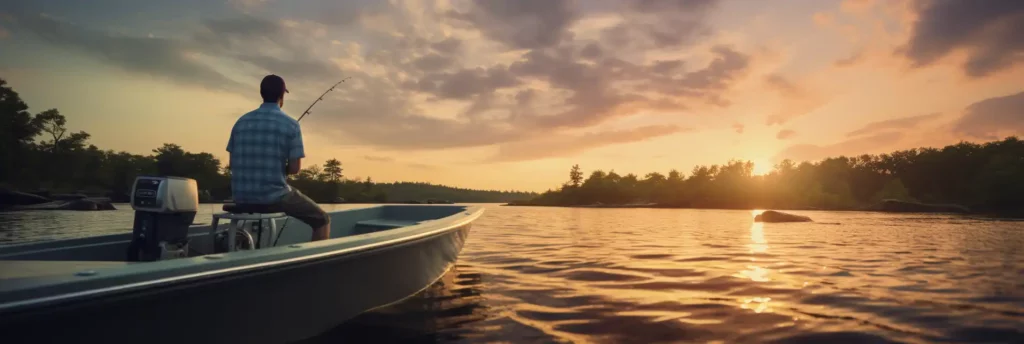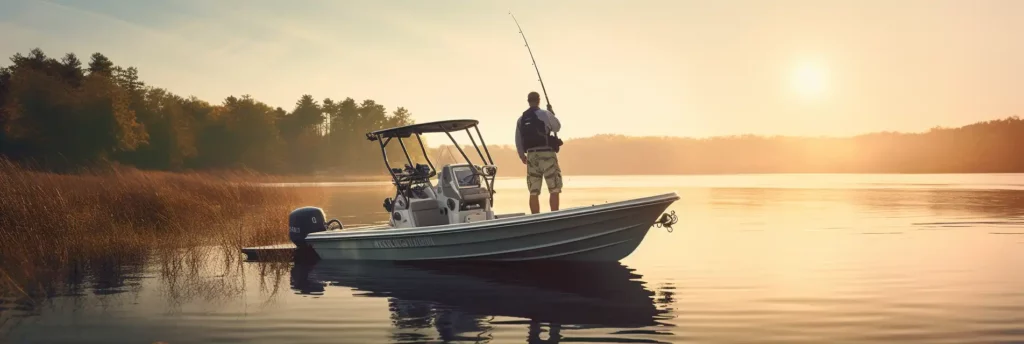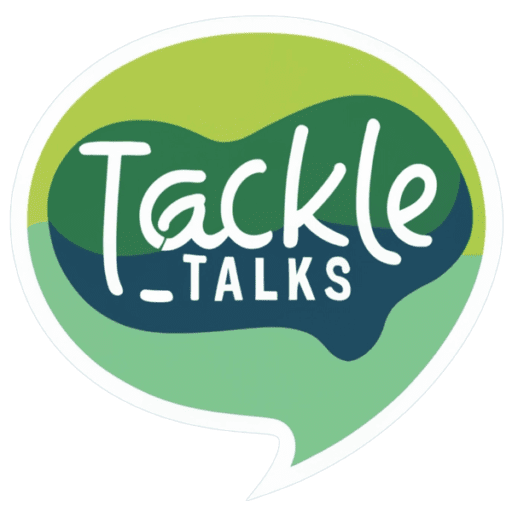Connecticut, with its picturesque rivers and vast coastal region, offers a diverse range of fishing opportunities for both residents and visitors. Whether you’re an avid angler looking to catch a trophy fish or a family planning a weekend getaway, understanding the state’s fishing regulations is crucial. This article will guide you through the essentials of fishing licenses in Connecticut, ensuring you fish legally and responsibly.
Types and Cost of Fishing Licenses in Connecticut
Connecticut offers a diverse range of fishing licenses to cater to both residents and non-residents. Whether you’re a seasoned angler or a beginner, it’s essential to understand the different licenses available to ensure you’re fishing legally.
Resident Fishing Licenses
For residents of Connecticut, the following licenses are available:
| Fishing License Type (Resident) | Cost for Age 18-64 | Cost for Age 16 and 17 |
|---|---|---|
| Inland Fishing | $28.00 | $14.00 |
| All Waters Fishing | $32.00 | $16.00 |
| Marine Waters Fishing | $10.00 | $5.00 |
| 1-Day Marine Fishing | $5.00 | $3.00 |
| Trout and Salmon Stamp | $5.00 | $3.00 |
Non-Resident Fishing Licenses
For non-residents, the following licenses are available:
| Fishing License Type (Nonresident) | Cost |
|---|---|
| Season-Inland Fishing | $55.00 |
| Season-All Waters Fishing | $63.00 |
| 3-Day Inland Fishing | $22.00 |
| Marine Waters Fishing | $15.00 |
| 3-Day Marine Waters Fishing | $8.00 |
| Trout and Salmon Stamp (16+) | $5.00 |
Special Considerations
- Exemptions: Legally blind individuals, those with mental disabilities, anglers with limb loss or limited limb use, residents aged 65 and older, and active-duty military members are exempt from needing a fishing license in Connecticut.
- Reciprocal License Arrangements: Connecticut has reciprocity agreements with Maine, Massachusetts, Rhode Island, and New York. Anglers with a valid Marine Waters Fishing License from any of these states can fish in Connecticut’s marine district and vice versa.
- Lifetime Licenses: Connecticut offers a free lifetime license for seniors (age 65 and older). However, it needs to be renewed annually at no cost.
For more detailed information and to purchase a license, you can visit the official Connecticut Department of Energy and Environmental Protection website.
Licensing Process for Fishing in Connecticut

If you’re planning to fish in Connecticut, it’s essential to be aware of the licensing process. Whether you’re a resident or a non-resident, a license is mandatory for all individuals above the age of 16. Here’s a step-by-step guide to help you navigate the licensing process:
- Determine the Type of License You Need: Connecticut offers various types of fishing licenses, including:
- Freshwater fishing license
- Saltwater fishing license
- All-waters fishing license.
- Visit the Connecticut DEEP Online Licensing System: Go to the official website of the Connecticut Department of Energy and Environmental Protection (DEEP) to access the online licensing system.
- Create an Account: If you’re a first-time user, you’ll need to create an account. Returning users can log in using their credentials.
- Fill Out the Application Form: Provide all the necessary details, including your name, address, date of birth, and social security number.
- Pay the License Fee: The fee varies depending on the type of license and your residency status. Residents typically pay a lower fee compared to non-residents. You can make the payment using a credit or debit card.
- Download and Print Your License: Once your payment is confirmed, you can download and print your fishing license. It’s advisable to keep a digital copy on your phone as a backup.
- Familiarize Yourself with the Fishing Regulations: Before heading out, ensure you’re aware of the fishing seasons, bag limits, and other regulations specific to the area you plan to fish in.
- Renew Your License Annually: Most fishing licenses in Connecticut are valid for one year. Mark your calendar to renew your license before it expires.
Remember, fishing without a valid license can result in hefty fines and penalties. Always keep your license with you while fishing and be prepared to show it to law enforcement officers upon request.
Regulations & Requirements for Fishing in Connecticut
Connecticut has specific regulations and requirements for fishing to ensure the conservation of its aquatic resources and provide a sustainable fishing experience for all. Below are the key regulations:
| Regulation Category | Details |
|---|---|
| Fishing Licenses and Permits | – Inland Fishing License: For those 16 years or older fishing in the Inland District. – Marine Waters Fishing License: Required for marine waters fishing. – All Waters Fishing License: Covers both inland and marine waters. – One Day Fishing License: Available for short-term fishing. |
| Fishing Seasons | – Open Season: Most freshwater fish species can be fished year-round, but specific dates may vary based on the species. – Closed Season: Some species have a closed season to protect during spawning. |
| Size and Bag Limits | Connecticut enforces size and bag limits for various fish species. Always check the specific limits for the species you’re targeting. |
| Restricted Areas | Some areas in Connecticut are designated as protected or restricted. Fishing might be limited or prohibited in these areas. |
| Catch and Release | In certain areas or for specific species, catch and release practices are either encouraged or mandated. |
| Bait Restrictions | The use of specific types of bait, especially live bait, might be restricted in some waters. |
Always refer to the latest guidelines from the Connecticut Department of Energy and Environmental Protection before heading out to fish.
Fishing License Renewal in Connecticut
Renewing your fishing license in Connecticut is a straightforward process that ensures you can continue enjoying the angler’s experience without interruption. Follow these steps to renew your fishing license:
- Visit the DEEP Sportsmen Licensing Page: Access the DEEP Sportsmen Licensing Page to begin the renewal process online.
- Log In to Your Account: If you have an existing account, log in using your credentials. If you’re a new user, you may need to create an account.
- Select the Renewal Option: Look for the option to renew your fishing license. Make sure to have your previous year’s license details handy.
- Review and Update Information: Verify your personal information and make any necessary updates. This ensures that your renewed license reflects accurate details.
- Make the Payment: Pay the renewal fee using a credit or debit card. The fee will vary based on the type of license you hold.
- Download Your Renewed License: Once the payment is processed, you’ll receive a digital copy of your renewed fishing license. Download and save it for your records.
Duration of License Validity
Renewed fishing licenses in Connecticut are valid from December 1st of the previous year to December 31st of the current year. This annual cycle ensures that anglers can fish seamlessly throughout the fishing season. Renewing your license before the expiration date is crucial to prevent any lapses in your fishing privileges. Fishing without a valid license can result in fines and penalties.
Additional Information
Free Fishing Days in Connecticut
Connecticut offers free fishing days, allowing residents and visitors to fish without a license on specific days. These free fishing days are a great opportunity for newcomers to experience fishing or for experienced anglers to introduce friends and family to the hobby. Check the official DEEP website for the list of free fishing days in 2023.
Importance of the Temporary Authorization Number (TAN)
The Temporary Authorization Number (TAN) is a unique identifier that allows you to fish legally while awaiting the arrival of your physical fishing license. It’s essential to keep a record of your TAN and other identification while fishing. This temporary authorization ensures that you’re following regulations even before you receive your physical license.

Conclusion
Fishing in Connecticut offers a wealth of opportunities for both seasoned anglers and beginners. By obtaining the necessary fishing license, adhering to regulations, and practicing responsible fishing, you can contribute to the conservation of aquatic resources and enjoy a memorable fishing experience. Stay updated with the latest fishing regulations to ensure a successful and enjoyable time on Connecticut’s waters.
FAQ
Can I fish in Connecticut without a license?
A: In most cases, you need a fishing license to legally fish in Connecticut if you’re 16 years of age or older. There are exemptions for specific groups, such as individuals with disabilities or during designated free fishing days.
How much does a fishing license cost in Connecticut?
A: The cost of a fishing license varies depending on factors like residency, age, and the type of license you choose. Refer to the DEEP website for detailed pricing information.
Can I renew my fishing license online?
A: Yes, you can renew your fishing license online through the DEEP Sportsmen Licensing Page. Make sure to review and update your information before making the payment.
Are there any restrictions on fishing bait in Connecticut?
A: Yes, certain bait restrictions apply in Connecticut waters to prevent the introduction of non-native species. Be aware of the specific regulations for the area you’re fishing in.
What is the significance of the Temporary Authorization Number (TAN)?
A: The Temporary Authorization Number (TAN) allows you to fish legally while awaiting your physical license. It’s crucial to have the TAN and proper identification while fishing.

